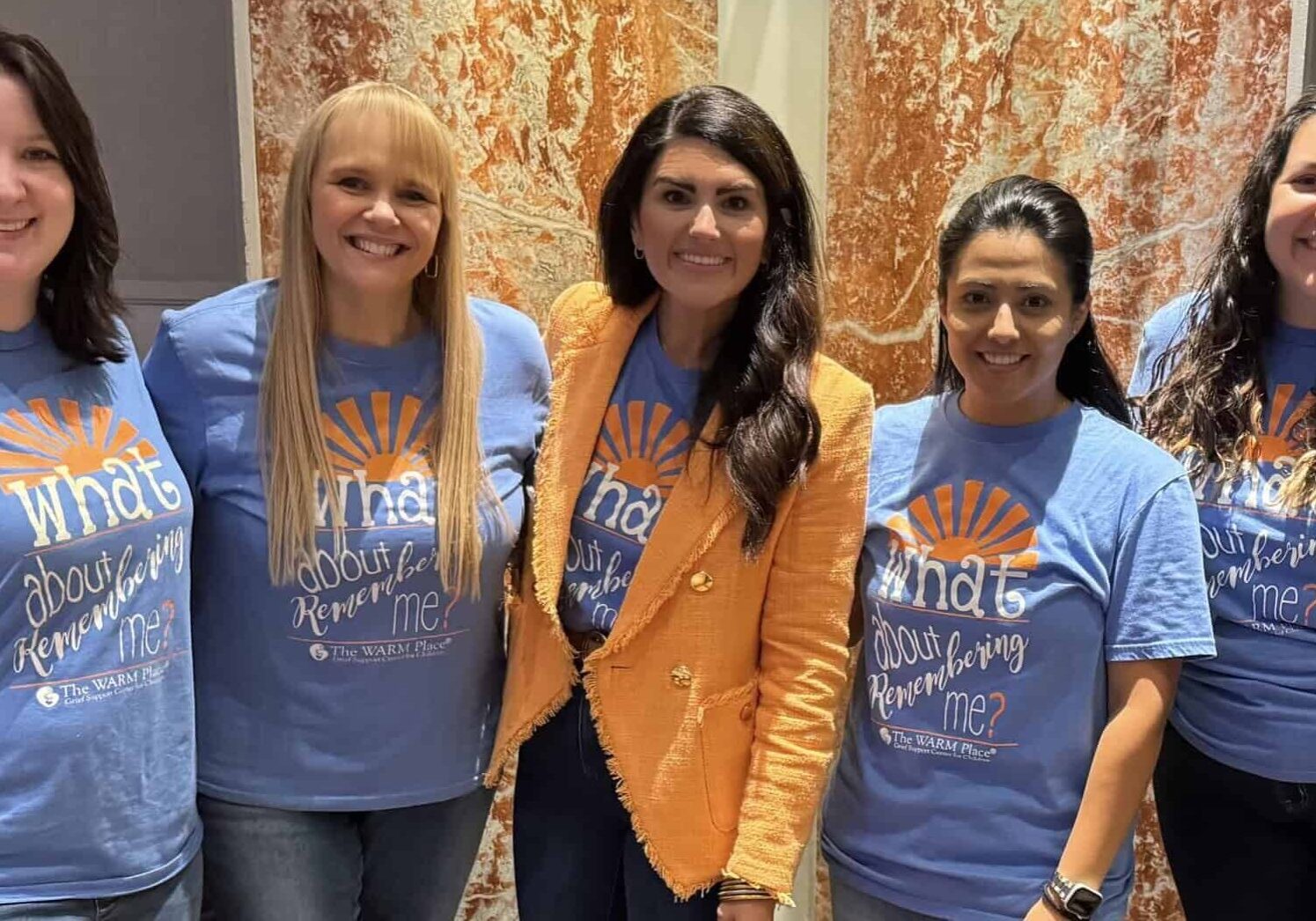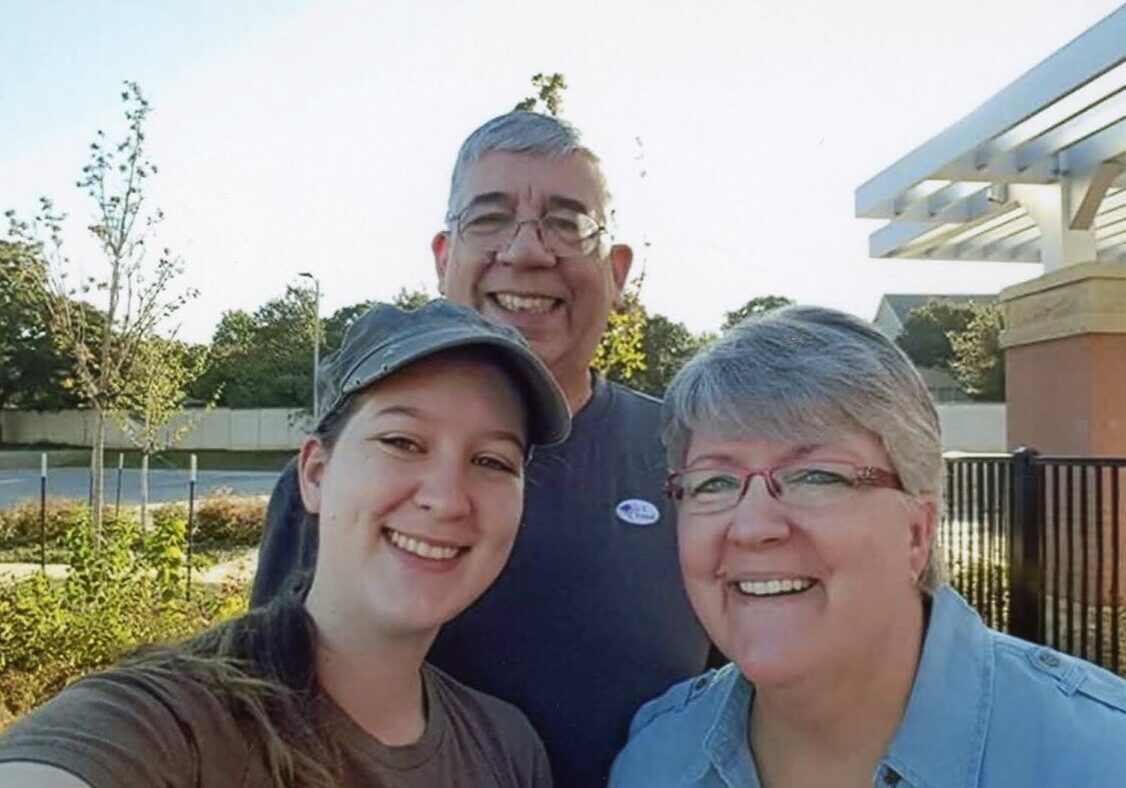Throughout history stories have been told, passed down or put in written form. Story telling gives meaning and purpose to our humanity. We love to tell funny stories, stories about our childhood or stories of experiences. Everyone loves a good story. Stories can make lasting impressions on us. When a story resounds in us, it can boost empathy and compassion, influence our social behaviors, teach us lessons, and builds connections.
But what if your story is about love and loss. What if your story is about life and death? Grief and Mourning? Who will listen to you share that narrative?
For someone who is grieving, the most important story they can share, may be their “grief story”. For someone who has experienced the death of a loved one; grief will now always be a part of their story. One of the most healing things is to talk, write, and share the story. Those who have not experienced a significant loss may not understand that for someone grieving they must tell their story of grief, sometimes over and over again, as distressing as they may seem.
Telling your grief story is an important part of the bereavement journey
Dr. Alan Wolfelt – Center for Loss & Life Transition states “The role of storytelling in grief care is indispensable.”
Dr O’Malley in his Book: Getting Grief Right, states: Sharing stories can help us change the way grief itself is experienced as well as the ways it is understood and interpreted.”
There is Value in telling your story
Whether sudden or long-term story telling relieves us of bearing our pain alone, it frees us to do the work to move forward in the journey.
It helps us adapt in our minds what happened.
It helps us understand and make sense of the loss.
It allows us to grow more comfortable in sharing our pain.
When you are a storyteller, you decide what story gets told. The process expresses how your story has influenced not only yourself but someone else.
Decide who you want to share your story with:
It is about finding those who will listen and showing us, we are not alone. The loss happened, we aren’t crazy, and we are processing every day to figure out our life.
There are those we need to tell:
There are those who need to know. These are people whose lives could be affected by the loss, such as, doctors, counselors, coworkers, childcare provider, teacher, boss etc. They can have some information to better serve you in your time of need. They do not have to have detailed information of your inner most thoughts and telling them can help them better understand what you are going through.
There are those we want to tell:
People you want to tell, people that will walk through grief with you. Who supports you? Who do you want to know your heart? These are people that can handle conversations, emotions, and details of the loss.
Some share their grief story with loved ones or those who are emotionally safe. Others choose to share with acquaintances or people not so close to home. The choice is yours.
Grief is already hard. Sharing your story can be uncomfortable and difficult at times. You might have moments you wish you didn’t share. Know there will be people unprepared for your pain. There will be people who will not know how to react. But know that sharing your grief story casts light on grief itself. It speaks to how it affects your life and the life of others.
Storytelling is Powerful
Sharing your story of love and loss will inspire others to share their stories, too; in doing so you will help them – and you – feel less alone.
“Every griever has a name; Every name has a story; Every story matters”



